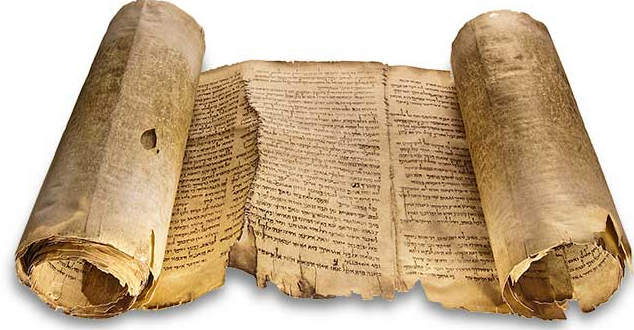
Can we trust the Old Testament? Until 1947, the answer was unclear because until that year, the earliest Hebrew manuscripts that were available as the basis for Old Testament study and translation were the Massoretic Texts in the possession of Eastern European Jews. These Hebrew texts date from around 900 A.D. The translators of the Authorized Version (King James Version) used these texts as the basis for their Old Testament translation.
Besides the Massoretic texts, the Christian Church had the Septuagint, which is an ancient Greek translation of the Hebrew and Aramaic Old Testament made around 200 B.C. The Septuagint is useful for comparison with the Massoretic Texts to check for meaning and accuracy. In the 1800 and 1900s other early Old Testament documents were discovered, adding more textual information.
Add to this the discovery of the Dead Sea Scrolls at Qumran in 1947. These Dead Sea Scroll copies of the Old Testament, which date from the 200s B.C. to the 100s A.D. made huge impact on biblical scholarship by demonstrating the accuracy of the Jewish copying tradition. The Hebrew and Aramaic scrolls include every book of the Old Testament except Esther, as well as other kinds of writings. These documents have been compared with the Massoretic Texts, the Septuagint, and other manuscripts to discover how much the text of the Old Testament scriptures may have changed over time as manuscripts were copied.
The result was the amazing fact that little or no significant variation occurred in more than 1,000 years of copying from 200 BC to 900 AD. The only major difference in the documents was the Massoretic invention of Hebrew vowel points as a refinement over biblical Hebrew, which had no specific, defined vowel markings.
So what? The discovery and study of the Dead Sea Scrolls shows that over the centuries Jewish scribes used extreme care in copying their scriptures. That means that those who study and live by the Old Testament today can do so with the confidence their meaning is clear and unchanged from the day the were written.
Michael Bogart
